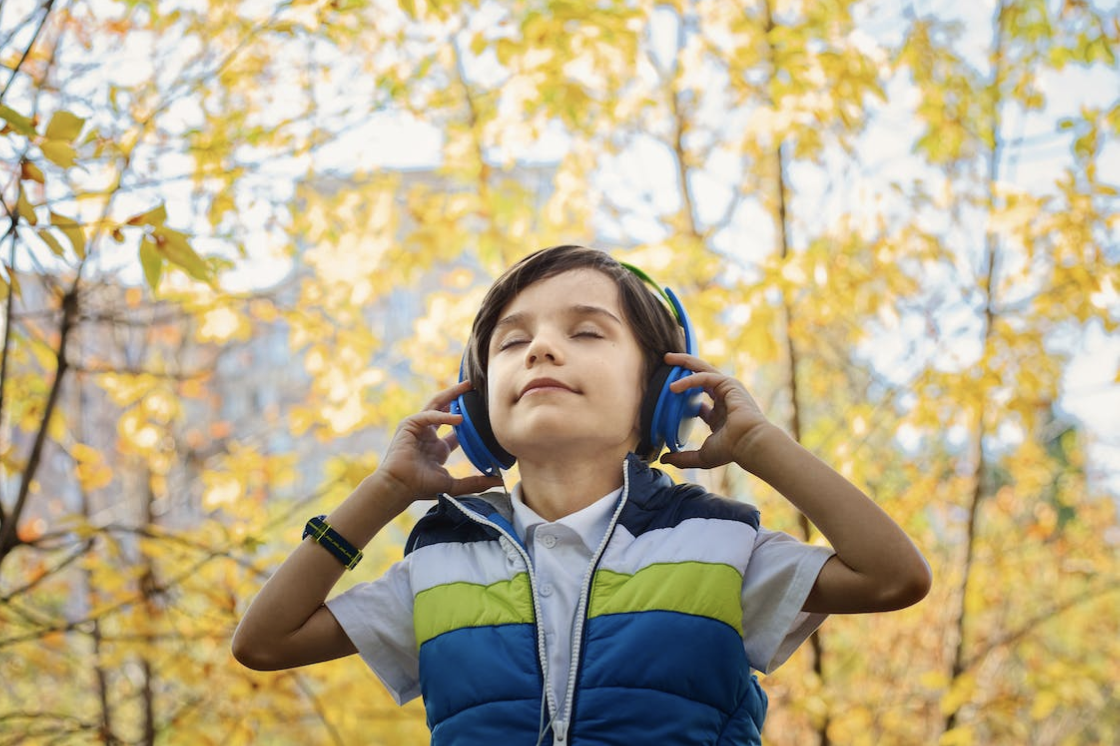How to Protect Your Child's Hearing | Woombie

Hearing loss is surprisingly a common concern among children across the world. One of the primary reasons is the widespread use of audio technology and other digital devices. According to the Centers for Disease Control and Prevention (CDC), an estimated five million children aged between 6 and 19 years have hearing loss, which often results from excessive exposure to noise. While noise-induced hearing loss (NIHL) is irreversible, it's also preventable. Here are four easy ways to protect your child's hearing.
1. Get your child's hearing tested regularly
Hearing tests may include a physical exam of the ear that checks for signs of infection, excess wax, or fluid. Audiologists also check to see a child's response to sounds, such as calibrated speech and pure tones. Most experts recommend more thorough hearing tests at ages 4, 5, 6, 8, and 10. Contact HearCanada to schedule a hearing test or evaluation for your kid.
For specialized care and advanced hearing solutions, consider visiting Alexander Audiology, where experienced professionals are dedicated to providing comprehensive hearing assessments and personalized treatment plans.
2. Invest in kid-safe headphones
Kids' headphones are an essential tech kit for parents, especially in the current world of remote learning and home-schooling. Child-specific headphones can also be useful on long-haul flights, long train travels, or any other lengthy journey. Getting your kid to watch a few movies while at home can be a big bonus for busy parents.
Look for headphones with an effective volume limiter to protect the sensitive ears of your kid. However, don't allow your child to wear them for hours, as prolonged headphone usage may lead to hearing loss. Encourage your child to take regular listening breaks. You should also test the headphones yourself before your child can use them and periodically afterward to ensure they are properly functioning.
3. Reduce your kid's exposure to loud noise
Prolonged exposure to high levels of sounds, such as a firework explosion, can lead to noise-induced hearing loss. Noise can also pose serious risks to a child's physical and mental health, including learning behavior.
As a parent, you should reduce your child's exposure to noisy environments. Reduce the volume on the radios, computers, and TVs, and turn off the devices when not in use. You should also monitor your kid's participation in noisy sporting events, music concerts, and other activities with extreme sound levels.
4. Educate your kid about hearing loss
Children make better health decisions when their parents or other adults actively talk to them regarding various health issues. Just like you teach your child about sun protection, it's good to educate them about hearing loss and why it's essential to protect their ears and hearing.
Educating your child about the causes and prevention of noise-induced hearing loss can help them develop good hearing habits. Kids also learn through observation and imitation. Set a good example by adopting healthy hearing habits, and your child might do the same.
Endnote
Hearing loss can have a significant impact on your child's development, social interactions, and academic success. Therefore, protecting your kid's hearing from an early age is essential to avoid premature hearing issues as they age. Take note and follow these important tips to protect your child's hearing.






